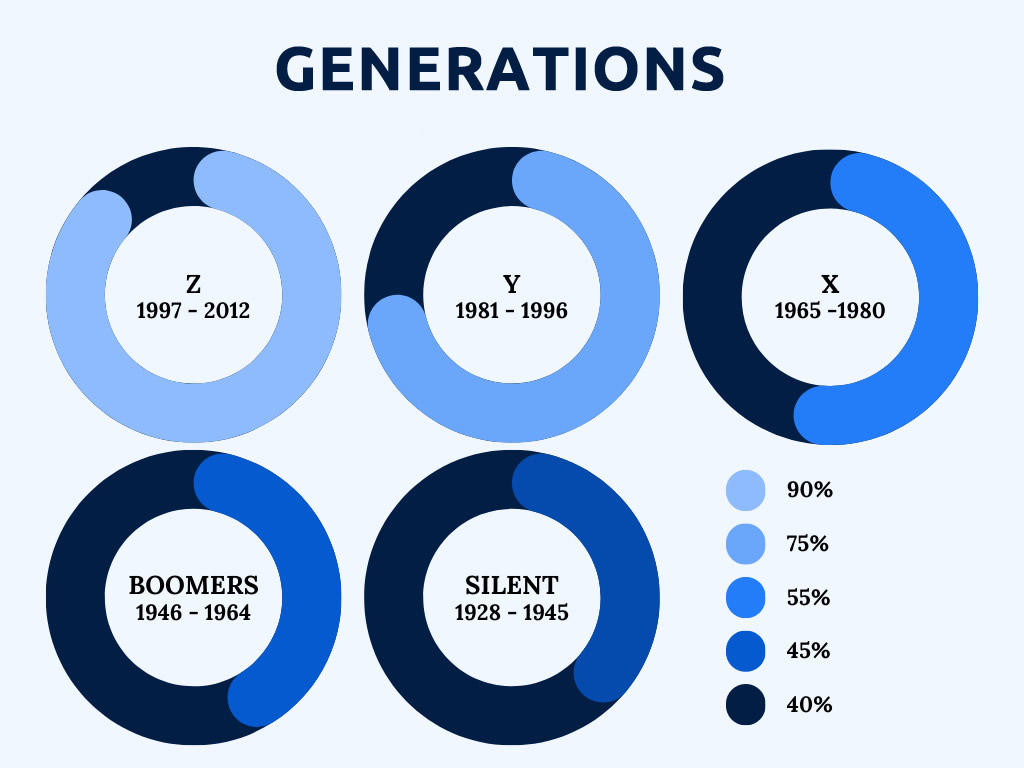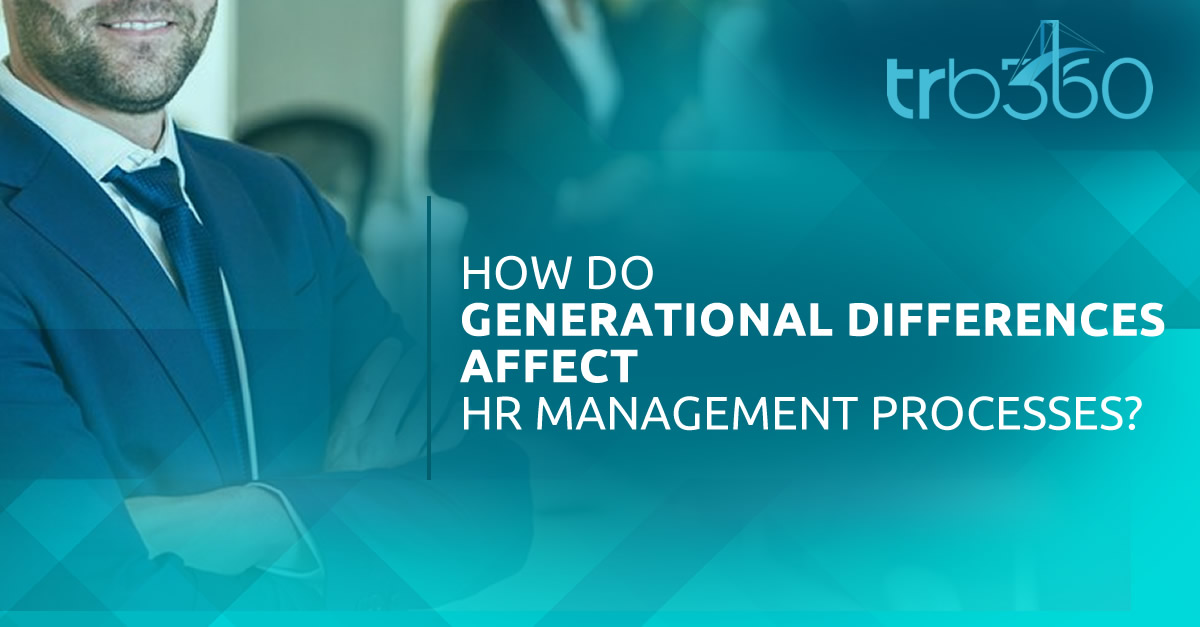Diversity in the business world includes dynamics between different age groups. The presence of different generations in the workplace can influence Human Resources (HR) management processes. In this article, we will briefly discuss the impact of various generations on the workforce and their contributions to HR management processes.
Generations and Their Characteristics:
Today, different generations such as Gen Z, Millennials (Gen Y), Gen X, and Baby Boomers work together across industries. The differences between these generations, such as employee motivation, communication preferences, and work styles, inevitably reflect on HR processes.
Effects on Human Resources Processes:
- Recruitment Process: Each generation has different expectations and priorities. HR managers should adjust their recruitment strategies based on the expectations of each generation and make well-informed decisions.
- Training and Development: Different generations may prefer distinct learning methods. Training programs should be designed to accommodate the learning styles of each generation.
- Performance Management: Generations may have different perspectives on performance evaluations. HR managers need to understand these differences to ensure fair performance measurement and provide effective feedback.
- Communication Strategies: Each generation has its own communication preferences. HR processes should incorporate the communication styles and preferences of each generation, and periodic surveys should be conducted to understand these preferences.
In summary, generational differences are a crucial factor in increasing workplace diversity. Designing HR management processes to align with the characteristics of each generation can boost work efficiency and collaboration. In this context, fostering intergenerational understanding and harmony will contribute to creating a successful work environment.

How to Design HR Processes Considering Generational Differences?
Step 1: Research and Analysis
- Identify key HR processes such as recruitment, training, performance management, and communication.
- Research the expectations, motivations, and communication styles of different generations (Johnson, 2018).
- Examine the learning preferences and development needs of each generation (Meister & Willyerd, 2010).
Step 2: Adapting HR Processes
Recruitment:
- Tailor job postings to align with the values and priorities of different generations.
- Understand how each generation approaches interview questions.
- Use personality assessments to support the recruitment process.
Training and Development:
- Analyze training expectations carefully
- Prepare training materials that cater to different learning styles
- Design mentorship programs and training based on generational needs.
- Gather feedback to improve the effectiveness of future training sessions.
Performance Management:
- Align performance goals with the career aspirations of different generations.
- Adjust feedback and evaluation methods to meet generational expectations.
- Structure your performance evaluation system to be goal- and competency-based, and flexible to adapt to varying needs.
Communication Strategies:
- Plan communication channels and frequency based on generational preferences.
- Facilitate effective communication by understanding the communication styles of different generations during meetings and feedback sessions.
- Conduct periodic surveys to assess overall expectations and preferences.
Step 3: Training and Implementation
- Provide HR staff with training on the characteristics and needs of different generations.
- Raise awareness among all stakeholders about the new HR approach and encourage collaboration.
Step 4: Monitoring and Adjustment
- Monitor the effectiveness of HR processes and analyze performance data.
- Collect feedback and make ongoing adjustments to improve the processes continuously.
References:
- JJohnson, S. (2018). Intergenerational Differences in the Workplace. Harvard Business Review
- Meister, J. C., & Willyerd, K. (2010). Mentoring Millennials. Harvard Business Review.
- Lancaster, L. C., & Stillman, D. (2002). When Generations Collide: Who They Are, Why They Clash, and How to Solve the Generational Puzzle at Work. Harper Business.


